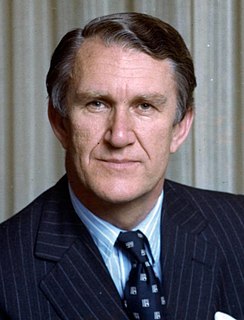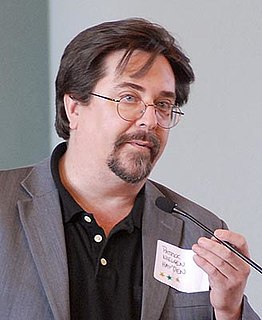A Quote by Maxime Bernier
The free market, the people, will find solutions and they always did in the past.
Related Quotes
My father always said 'There's no free lunch.' My father was right. There's no free lunch and there's no free market. The market is rigged, the market is always rigged, and the rigging is in favour of the people who run the market. That's what the market is. It's a bent casino. The house always wins.
A free culture supports and protects creators and innovators. It does this directly by granting intellectual property rights. But it does so indirectly by limiting the reach of those rights, to guarantee that follow-on creators and innovators remain as free as possible from the control of the past. A free culture is not a culture without property, just as a free market is not a market in which everything is free. The opposite of a free culture is a "permission culture" -- a culture in which creators get to create only with the permission of the powerful, or of creators from the past.
We're resolved tonight that young Americans will always see those Potomac lights, that they will always find here a city of hope in a country that's free so that when other generations look back at this conservative era in American politics and our time in power, they'll say of us that we did hold true to that dream of Joseph Winthrop and Joseph Warren, that we did keep faith with our God, that we did act worthy of ourselves, that we did protect and pass on lovingly that shining city on a hill.
What most people really object to when they object to a free market is that it is so hard for them to shape it to their own will. The market gives people what the people want instead of what other people think they ought to want. At the bottom of many criticisms of the market economy is really lack of belief in freedom itself.
All walls fall. Today, tomorrow or in 100 years, they will fall. It's not a solution. The wall isn't a solution. In this moment, Europe is in difficult, it's true. We have to be intelligent, and whoever comes...that migrant flow. It's not easy to find solutions, but with dialogue between nations they should be found. Walls are never solutions. But bridges are, always, always.
I'm all for file sharing. That's great - as long as people are prepared for the significant consequences. One is that music will become completely couched in advertising. That's already happened. And another is that people should be prepared to have fun with the past because the only music that can possibly be free is the music that's from the past. It costs money to make music. And if people are prepared to only have the past to listen to, then let it be free.


































